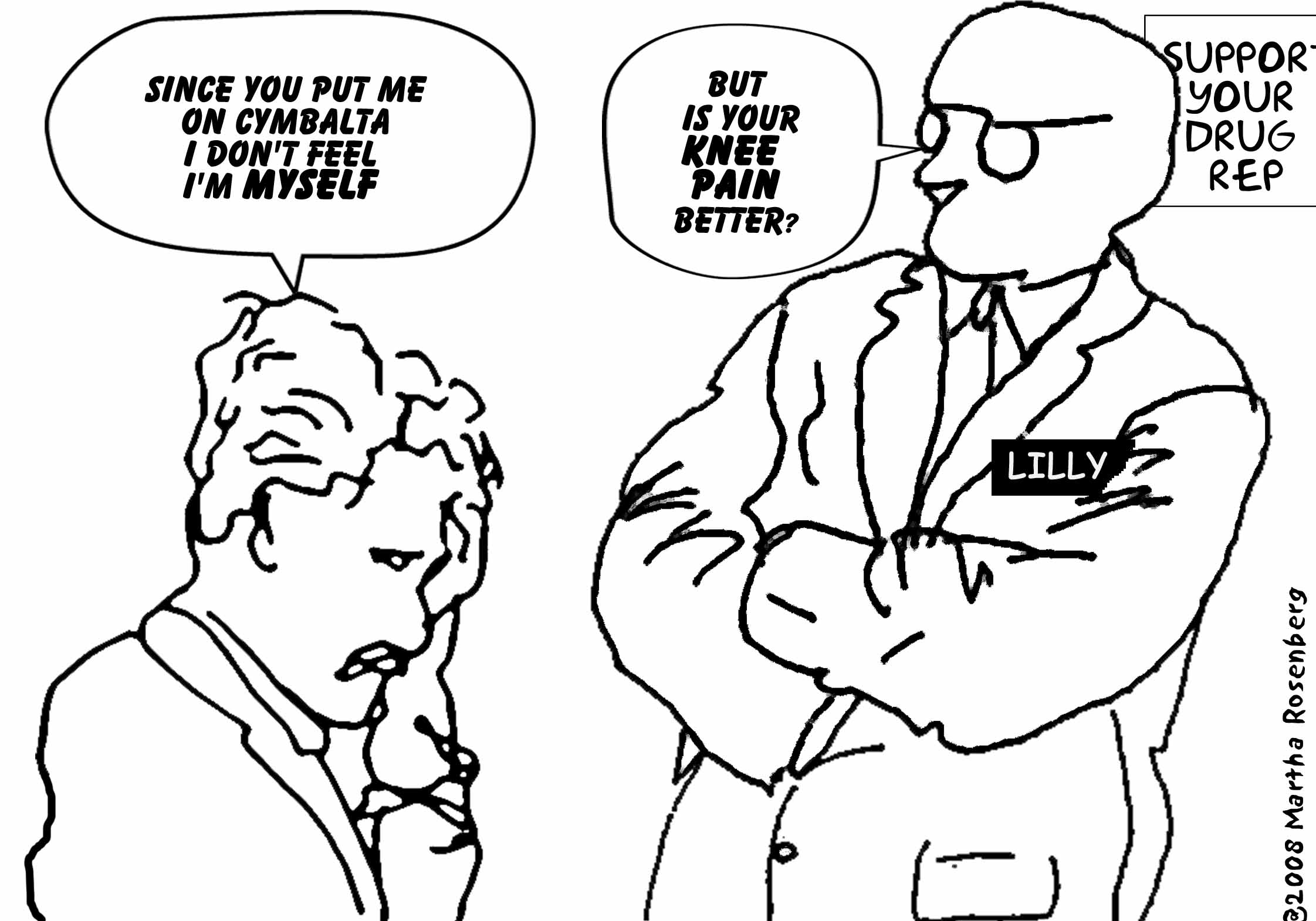If you searched “Cymbalta ruined my life,” you’re not alone. Typing those words into a search bar takes immense courage. It signifies acknowledging a painful truth: a medication meant to help has left you feeling worse, perhaps significantly worse. The overwhelming sense of despair, the feeling of being lost and betrayed by your own body – it’s all valid. It’s okay to feel exactly how you feel. You placed your trust in a medication to alleviate suffering, and it feels like it backfired. But please know this: hope exists. Healing is possible. You can reclaim your life.
Understanding Cymbalta’s Potential Aftermath
Cymbalta, an SNRI (serotonin-norepinephrine reuptake inhibitor), works by influencing brain chemicals related to mood. While beneficial for some, it can trigger distressing symptoms in others. Everyone’s experience is unique, but common threads emerge. Some people describe feeling like their nervous system is short-circuiting, experiencing sudden electric jolts known as “brain zaps.” Nausea can make it difficult to eat, while mood swings leave you feeling disconnected and emotionally volatile. Ironically, a medication designed to reduce anxiety can sometimes amplify it. These experiences, often dismissed as mere “side effects,” can feel like a full-blown assault on your well-being. They can disrupt your life, relationships, and sense of self.
Navigating the Withdrawal Maze
Discontinuing Cymbalta isn’t always straightforward. Withdrawal symptoms, also known as discontinuation syndrome, can be challenging, mimicking or intensifying the very issues the medication was meant to address. It’s like trudging through quicksand – every step a struggle. Tapering, under the guidance of a knowledgeable healthcare professional, is generally considered the safest approach. This involves gradually reducing your dosage over time, allowing your body to adjust more gently. Finding a doctor experienced in managing Cymbalta withdrawal [link to resources for finding such a doctor] is critical. They can create a personalized tapering schedule and monitor your progress. Visual aids, like sample tapering schedules, can be valuable tools in this process.
Reclaiming Your Life: A Journey of Healing and Hope
This isn’t just about enduring withdrawal; it’s about reclaiming your life, well-being, and sense of self. It’s about discovering strategies to cope, heal, and move forward with renewed hope. Some individuals find that their journey includes addressing experiences where they felt Optavia ruined my life, highlighting the complex interplay of lifestyle choices and mental health.
Practical Strategies & Support
- Partner with a Healthcare Professional: A doctor specializing in Cymbalta withdrawal is your strongest ally. They can tailor a tapering plan, monitor your symptoms, and address any complications. Don’t hesitate to ask questions and advocate for your needs.
- Embrace Self-Care: Prioritize sleep, nourish your body with wholesome foods, and engage in gentle exercise. Even a short walk can make a difference. These small acts of self-compassion significantly impact well-being.
- Explore Mind-Body Techniques: Yoga, meditation, and deep breathing can calm your nervous system and reduce stress. Experiment to find what resonates with you. [Link to mindfulness resources]
- Connect with Your Support System: Lean on trusted friends, family, or a therapist. Sharing your experience can be incredibly validating. [Link to support group resources]
Finding Resources and Support
- Support Groups: Online and in-person support groups offer a safe space to share experiences, learn from others, and find strength in collective resilience. [Link to support group directory]
- Online Forums: Online forums offer community and connection. However, online advice should never replace professional medical guidance. [Link to vetted online forums]
- Mental Health Hotlines: Crisis hotlines offer immediate support during distress. Don’t hesitate to reach out. [Link to crisis hotline directory]
- Professional Therapy: A therapist provides support, helps you process emotions, develop coping mechanisms, and navigate the complexities of withdrawal. [Link to resources for finding a therapist]
Legal Information
If you believe your negative experiences with Cymbalta warrant legal action, consult with legal professionals specializing in pharmaceutical litigation. [Link to legal resources – if applicable and available] This information is for educational purposes and does not constitute legal advice.
Alternative Treatments
Explore alternative treatment options for depression and anxiety (therapy, mindfulness, other medications) after consulting with your healthcare provider. [Link to information on alternative treatments] These should not replace professional medical advice.
Recovery & Reclaiming Well-being
“Cymbalta ruined my life” reflects a harsh reality for many. But these words don’t have to be the end of your story. Healing is possible. It requires time, patience, self-compassion, and support. It’s a process of rebuilding a life filled with hope and well-being. Recovery begins now. You are stronger than you think, and you deserve to feel better.
Can Cymbalta Cause Permanent Damage?
The fear of permanent damage is understandable. While true irreversible damage from Cymbalta is rare, it’s possible. More common are lingering side effects that can feel permanent. Some individuals experience prolonged sexual dysfunction, chronic pain, or persistent mood instability, making it challenging to differentiate between a truly permanent issue and one that’s simply persistent. Current research suggests that while some individuals may be predisposed to these lingering effects, the method of discontinuation also plays a significant role.
What Are the Bad Things About Cymbalta?
Understanding potential downsides is crucial for informed decision-making. Common side effects include nausea, dry mouth, constipation, and fatigue. More serious, though less frequent, side effects can include suicidal thoughts (especially in young adults), serotonin syndrome, and liver problems. Withdrawal is a major concern, with symptoms like “brain zaps,” dizziness, nausea, anxiety, and mood swings potentially lasting weeks or months. Some report long-term effects like chronic pain, sexual dysfunction, and mood instability.
Is Cymbalta Hard to Get Off Of?
Many find discontinuing Cymbalta challenging. Its dual action on serotonin and norepinephrine, combined with its short half-life, increases the likelihood of withdrawal symptoms. These symptoms can range from mild discomfort to intense distress, and their duration varies significantly. A doctor-supervised tapering plan is essential, along with coping strategies like hydration, nutrition, exercise, mindfulness, and support systems. Others find themselves researching questions like, “Does Adderall expire?” as they evaluate their medication options and overall health journey.
Call to Action: Share your story, connect with others, and seek professional help. You are not alone.
- Steel Containers for Food Offer Versatile and Fresh Everyday Storage - March 4, 2026
- Metal Meal Prep Containers Are a Lasting Investment for Everyday Use - March 3, 2026
- Healthy Meal Plans for Busy Professionals to Conquer Your Week - March 2, 2026










